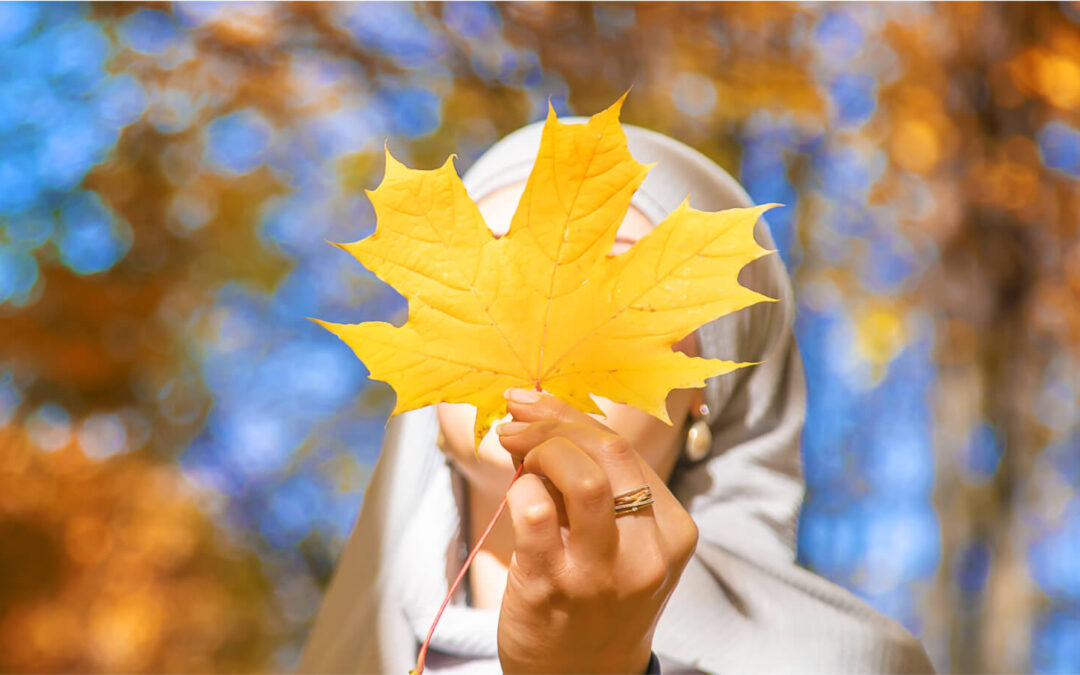Islam in Canada has grown significantly in numbers and influence, becoming the second largest religion. With a history spanning over a century, Islam in Canada is further projected to become an even more prominent and diverse religious community, playing a significant role in Canadian society and culture.
In this blog, we’ll explore the history, current demographics, religious practices, contributions to society, and the business opportunities tied to this dynamic community.
History of Islam in Canada
The story of Islam in Canada begins in the late 19th century when small groups of Muslim immigrants arrived from the Ottoman Empire, Lebanon, and South Asia. These early settlers played a pivotal role in establishing the foundations of the Muslim community.
By 1938, the first mosque, the Al-Rashid Mosque, was built in Edmonton, Alberta, symbolizing a major milestone for Muslims in Canada. Today, it stands as a historic landmark and a testament to the enduring presence of Islam in the country.
After World War II, liberalized immigration policies paved the way for a larger influx of Muslims. The late 20th century saw a surge in immigration from South Asia, the Middle East, and Africa, transforming Canada’s Muslim community into one of the most ethnically diverse globally.
Current Population of Muslims in Canada and Projections
According to the 2021 census, Canada is home to over 1.8 million Muslims, accounting for approximately 5% of the total population.
The growth of the Muslim population in Canada can be attributed to several factors:
- Immigration: Canada’s immigration-friendly policies attract Muslims from countries experiencing political or economic instability.
- Birth Rates: Muslim families tend to have higher-than-average birth rates compared to the national average.
| Do You Know: From 2001 to 2021, the proportion of Muslims in the Canadian population more than doubled, rising from 2.0% to 5%. Projections suggest that by 2036, Muslims could make up to 8% of Canada’s population. |
Here is the projected population rise of Muslims in Canada over the next few decades:
| Year | Muslim Population (Estimated) | Percentage of Canadian Population |
| 2023 | 1.5 million | 5.0% |
| 2030 | 2.7 million | 6.6% |
| 2040 | 4.1 million | 9.2% |
| 2050 | 5.9 million | 12.6% |
Key Islamic Dates and Events
Muslims in Canada observe several important dates and events, which are increasingly recognized in public life:
Eid and Ramadan
- Ramadan: The ninth month of the Islamic calendar, a period of fasting, prayer, and spiritual reflection.
- Eid al-Fitr: Marks the end of Ramadan and is celebrated with prayers, feasts, and community gatherings.
- Eid al-Adha: Commemorates the willingness of Prophet Ibrahim (Abraham) to sacrifice his son in obedience to God.
Islamic Heritage Month
- October is recognized as Islamic Heritage Month in several provinces, celebrating the contributions of Muslims to Canadian society through arts, culture, and history.
Religious Practice and Institutions
Muslims in Canada actively practice their faith, supported by a well-established network of mosques, Islamic centers, and educational institutions.
Mosques and Islamic Centers
Canada has over 200 mosques and Islamic centers that cater to the spiritual needs of the Muslim population. Prominent examples include:
- Islamic Foundation of Toronto: A hub for religious, educational, and community services.
- Islamic Institute of Toronto: Known for its focus on education and interfaith dialogue.
Education
Islamic schools and weekend madrasas are widely available in urban areas, providing religious education to Muslim youth. Some Canadian universities also offer Islamic studies programs, further integrating Islam into Canada’s academic landscape.
Islamic Contributions to Canadian Society
Canadian Muslims contribute significantly across various sectors, shaping the country’s identity and success.
Politics
Muslims hold key roles in Canadian politics. Notable figures include Ahmed Hussen, who served as Canada’s Minister of Immigration, Refugees, and Citizenship. Such representation underscores the integration and influence of Muslims in public life.
Economy
Muslims are active in business, technology, healthcare, education, and more. Entrepreneurs from the community have launched successful startups and contributed to Canada’s economic growth.
Culture and Arts
The arts scene in Canada benefits from the creative expressions of Muslim artists, writers, and performers. Events like MuslimFest amplify the community’s cultural contributions.
Halal Services
Halal certification in Canada is robust, ensuring that Muslims have access to permissible food and products. Organizations like the Canadian Halal Bureau (CHB) ensure that halal standards are met across industries. Halal food options are now widely available in supermarkets, restaurants, and even major fast-food chains.
Social Services
Islamic charities like Islamic Relief Canada provide essential services, from food banks to disaster relief, demonstrating the community’s commitment to social welfare.
Business Opportunities
The growing Muslim population in Canada presents significant business opportunities for entrepreneurs and corporations.
Halal Market
The demand for halal products is on the rise. From food and beverages to cosmetics and pharmaceuticals, companies can tap into this market by ensuring their products meet halal standards.
Read More: Halal Certification Requirements and Process
Islamic Finance
Islamic banking and finance are gaining traction in Canada. Financial institutions offering Sharia-compliant services are poised to attract a growing clientele.
Travel and Hospitality
The concept of halal tourism is expanding. Hotels and travel agencies that cater to Muslim travelers by offering halal food, prayer spaces, and modest accommodation options can differentiate themselves in the market.
Education and Training
There is a growing need for programs that educate businesses about halal compliance and Muslim consumer needs. Companies that invest in such training can better serve this demographic.
Wrapping Up
Islam continues to shape Canada’s social, cultural, and economic fabric. As the Muslim population grows, so do the opportunities to foster understanding, build bridges, and create a more inclusive society.
The future holds exciting possibilities for collaboration and innovation, driven by the values of inclusivity and respect that define Canada.

